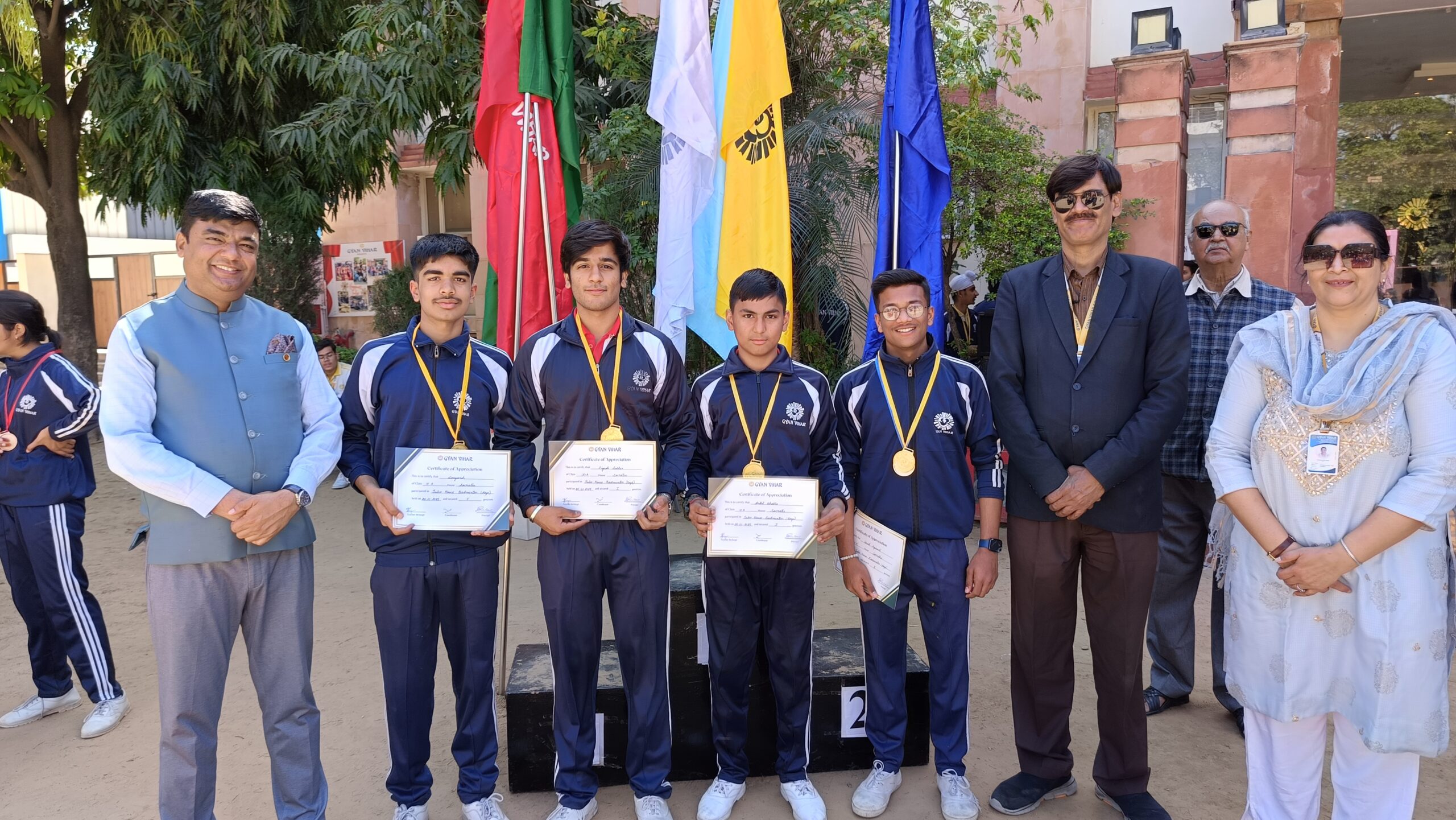As Diwali, the festival of lights, approaches, it’s an opportune time for students to not only celebrate the joyous occasion but also make conscious choices to reduce their environmental footprint. At Gyan Vihar World School, a leading CBSE school in Jaipur, we believe in nurturing responsible citizens. In this blog post, we’ll explore eco-friendly Diwali practices and provide students with green tips to enjoy a sustainable and environmentally conscious festival.
Understanding the Environmental Impact of Diwali
Acknowledging the challenges and opportunities:
- Air and Noise Pollution: Recognize the increase in air and noise pollution during Diwali due to fireworks.
- Waste Generation: Understand the impact of excessive packaging and waste generated from traditional celebrations.
- Energy Consumption: Acknowledge the increased energy consumption during the festival period.
Green Diwali Decorations
Choosing sustainable ways to brighten your space:
- DIY Decorations: Create your own decorations using recycled materials, reducing the need for store-bought items.
- Potted Plants: Opt for potted plants as decorations, which can later be planted in your garden or shared with others.
- Natural Rangoli: Use natural materials like flower petals, leaves, and colored rice for rangoli designs.
Conscious Fireworks Alternatives
Minimizing the impact of fireworks on the environment:
- Say No to Fireworks: Consider celebrating a cracker-free Diwali to reduce air and noise pollution.
- Eco-Friendly Fireworks: If fireworks are a must, choose eco-friendly alternatives made from recycled materials that produce minimal smoke and noise.
- Community Displays: Participate in or organize community fireworks displays to minimize individual environmental impact.
Waste Reduction Strategies
Managing waste responsibly:
- Biodegradable Plates and Utensils: If hosting gatherings, use biodegradable plates and utensils to reduce plastic waste.
- Composting: Set up a composting system for organic waste like vegetable peels and leftovers.
- Recycling Bins: Ensure proper segregation of waste with designated recycling bins for paper, plastic, and glass.
Energy Conservation Practices
Minimizing energy consumption during the festivities:
- LED Lights: Use energy-efficient LED lights for decorations to reduce electricity consumption.
- Candlelight Dinners: Consider having candlelight dinners or gatherings to minimize reliance on electric lighting.
- Turn Off Unused Appliances: Remind family members to turn off lights and electronic appliances when not in use to conserve energy.
Educational Initiatives
Spreading awareness and fostering change:
- School Workshops: Organize workshops in schools to educate students about the environmental impact of Diwali and sustainable practices.
- Poster Campaigns: Encourage students to create posters promoting eco-friendly Diwali practices and display them in schools and communities.
- Community Clean-Up Drives: Initiate or participate in clean-up drives post-Diwali to ensure responsible waste disposal.
Encouraging Green Gifting
Choosing gifts that align with sustainability:
- Plant Saplings: Gift plant saplings that can be nurtured to grow into trees, symbolizing a commitment to the environment.
- Reusable Gifts: Opt for reusable items like cloth bags, stainless steel containers, or bamboo products.
- Digital Gift Cards: Consider digital gift cards or experiences instead of physical items to minimize packaging waste.
A Greener Diwali for a Sustainable Future
As students of Gyan Vihar World School, let’s embark on a journey to celebrate Diwali in a way that not only brings joy to our lives but also contributes to the well-being of the planet. By adopting these eco-friendly practices, we can set an example for our peers and communities, creating a brighter, greener, and more sustainable future.
May this Diwali be a celebration of light, joy, and environmental responsibility.







